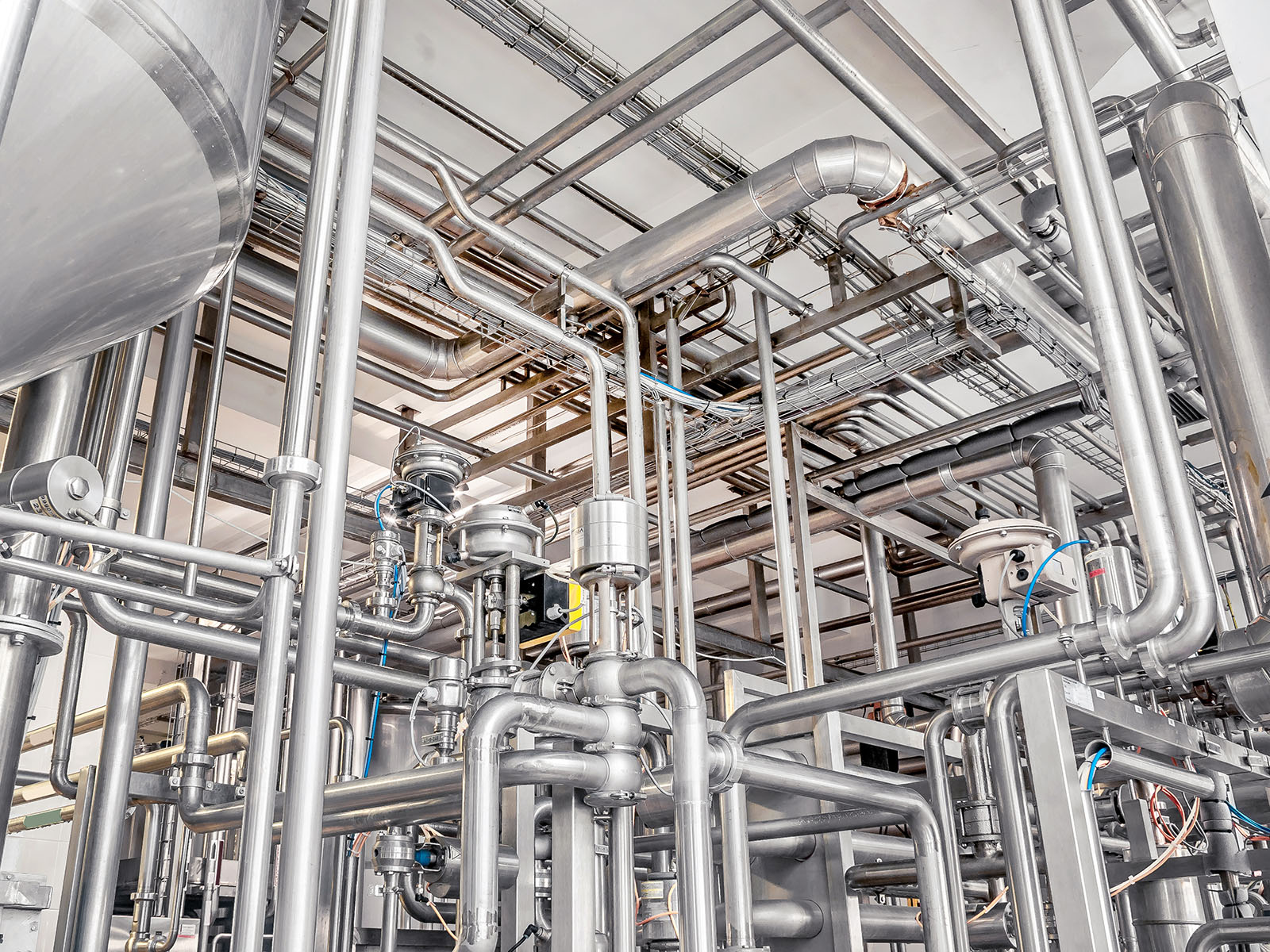Pipes are a cost-efficient and flexible way to transport materials like oils, chemicals, and water directly from the source. They are, thus, a crucial and irreplaceable system for industrial processes.
Pipes are, however, vulnerable to fouling and scaling. Fouling, sometimes also referred to as scaling, is the accumulation of unwanted material on solid surfaces, and has become a major industrial problem that companies spend billions of dollars to combat. Overtime, this build up constricts the diameter of the pipe, choking off the flow. The fouling can be anything from biofilm, biofouling, mineral scaling, or chemical fouling. Different deposits are common in pipes and will cause several unwanted changes and issues in industrial processes.
Pipe scale mostly consists of minerals present in the liquid flowing through the pipe. In water, this generally means calcium and magnesium. As water flows, small irregularities in the pipe’s surface will catch impurities. These impurities will continue to catch on these rough spots, causing them to grow.
The buildup has several direct impacts on the liquid in the pipe. As the diameter of the pipe becomes smaller, the liquid must change its flow patterns to compensate. If the system allows for quantity variations, the volume of water transferred by the system will begin to decrease.
In addition to reducing liquid flow in the pipe, buildup also reduces thermal conduction from the liquid to the outer pipe shell. This reduces the pipe’s overall thermal efficiency when used as a heat exchanger.
Fouling in Pipes causes Multiple Issues
As a result of the reactions of chemicals, fouling often accumulates inside pipes in factories, reducing the efficiency of the operation. Since fouling generated inside pipes shortens the life of the equipment, periodical maintenance such as cleaning or replacement is needed.
Fouling in pipes causes
- reduced flow
- reduced diameter
- increased pressure drops and upstream pressure
- increased energy expenditure
- flow oscillations
- slugging in a two-phase flow
- flow blockages
All in all, the issues mentioned above can lead to expensive unplanned interruptions and downtime in production facilities.
While several solutions like coatings and chemical cleaning can be used to reduce fouling, many removal methods still involve manual or mechanical intervention, production downtime or cause harmful chemical emissions. They do not support industrial processes and productivity in a sustainable manner, and this is where Altum Technologies steps in.
ZPD Ultrasonic Technology – A Game Changer in Preventing Fouling in Pipes
Since preventing any fouling and scaling in pipes is crucial in many ways, Altum has good news: our ultrasonic solution is a smart, sustainable, and cost-effective way to avoid fouling with no downtime in production.
The benefits of using ZPD ultrasonic technology in pipes include:
- All types of fouling can be prevented
- Pump efficiency stays at the designed level
- Increased equipment lifetime, due to less blockage, wear, and tear
- Improved end-product quality and overall process stability
Sounds like it’s time to switch to ultrasound and say goodbye to fouling and scaling in your piping, doesn’t it?
Find out just how Altum can help your company make your operations more effective by contacting us today.

